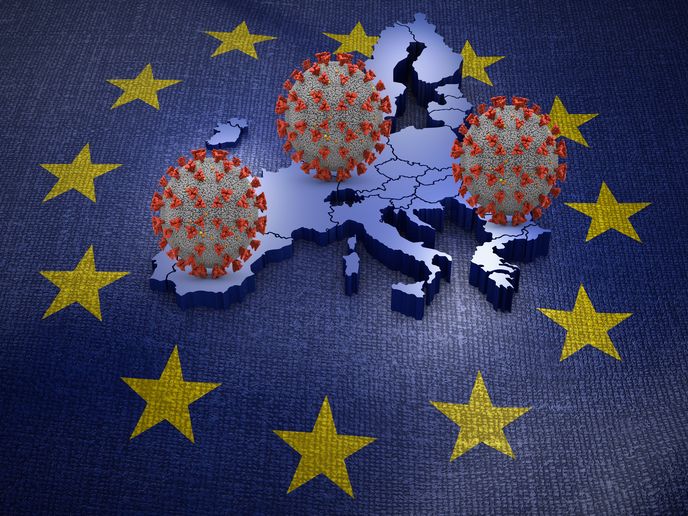Hygienic air travel
As air travel increases and new, more remote areas of the world are served by civil aviation, infectious diseases are also on the rise. Air transport can carry infected individuals, animals or insects to new locations, or transmit diseases through cross-contamination via cabin surfaces. The EU-funded Aircraft decon project is examining one way of controlling the spread of diseases: by stopping transmission through aircraft cabin surfaces. More particularly, the target is norovirus infections, frequent in ships, yet grossly underreported in aircraft. Influenza viruses have long survival times on cabin surfaces and materials, as do bacteria such as anthrax, used in the US mail terrorist attacks. This can be countered in part by sanitising and decontaminating aircraft cabins before take-off with an efficient and safe antimicrobial agent. Building on studies conducted in the United States, Aircraft decon is examining and comparing technical, operational and regularity data from both sides of the Atlantic. It is transferring United States–based studies to Europe in order to create an EU mechanism towards this aim, and is managing all knowledge transfer issues. The project is also examining the practicality of adapting United States expertise in the field for civil aviation in Europe as well as exploring the socioeconomic potential of the project. Once such a system is finally in place, European aircraft will be healthier and safer to fly, as the threat of surface-communicated viruses and terrorist-related chemical agents will be minimised considerably.







